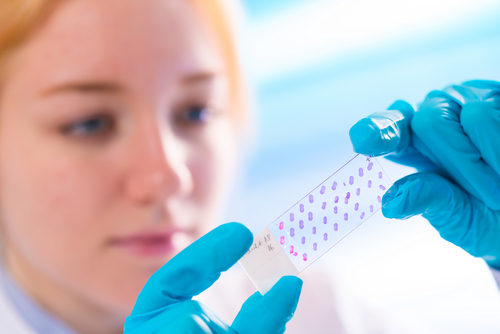 Breast cancer is a type of cancer that starts in the breast. The most common form of breast cancer starts in cells that line the ducts in the breast. Ducts are tubes lined with cells that will make milk during lactation. You can find out more about breast cancer here. and the different types of breast cancer here.
Breast cancer is a type of cancer that starts in the breast. The most common form of breast cancer starts in cells that line the ducts in the breast. Ducts are tubes lined with cells that will make milk during lactation. You can find out more about breast cancer here. and the different types of breast cancer here.
Understanding risk
Existing research studies have shown that many different factors are associated with increased or decreased risk of developing breast cancer, commonly known as risk factors. Scientists now know quite a lot about the risk factors for getting breast cancer. Breastfeeding can help to reduce the risk of a woman getting the most aggressive form, triple negative breast cancer, and you can read more about that here. Breastfeeding can also reduce the risk of ovarian cancer, endometrial (womb) cancer, and perhaps some others, but we don't understand how this works. Rarely, some women will develop cancer during pregnancy or shortly after, but very little work exists into why this happens.
Finding out the ways that breastfeeding reduces cancer risk may help scientists to discover new ways to prevent cancer developing in women.
Existing research studies have shown that many different factors are associated with increased or decreased risk of developing breast cancer, commonly referred to as risk factors. Find out more about these factors that affect breast cancer risk here.
Symptoms
Symptoms of breast cancer include a lump or thickening of breast tissue. You can learn more about breast cancer symptoms here.
Statistics
1 in 7 women in the UK now develop breast cancer during their lifetime, and it is becoming increasingly common. Breast cancer risk is affected by age, genetics and lifestyle factors. Every year, over 50,000 women in the UK develop the disease. It can also affect men, with between 300-400 men diagnosed each year in the UK. Every day, around 150 people are diagnosed with breast cancer in the UK, which is 15% of all cancers. You can read more about breast cancer statistics here.
To find out more information about breast cancer and breast cancer support charities, click here.
